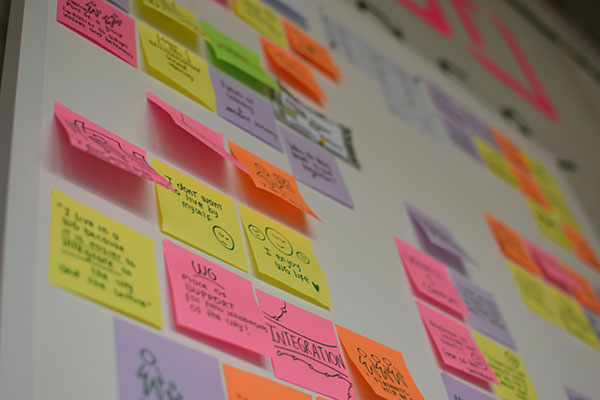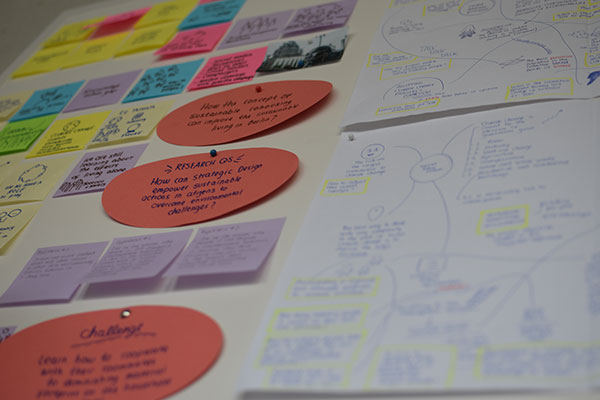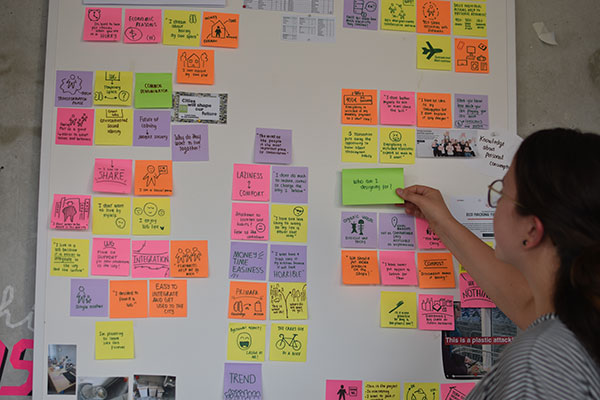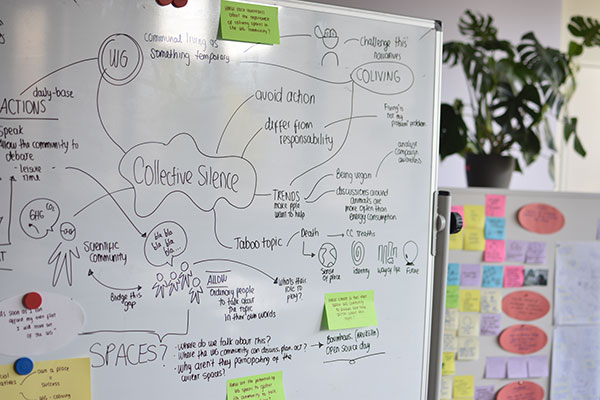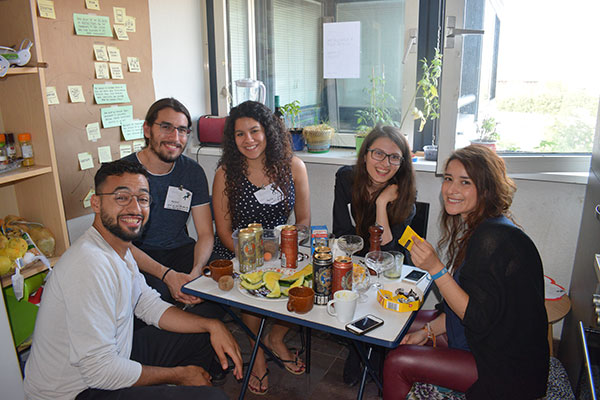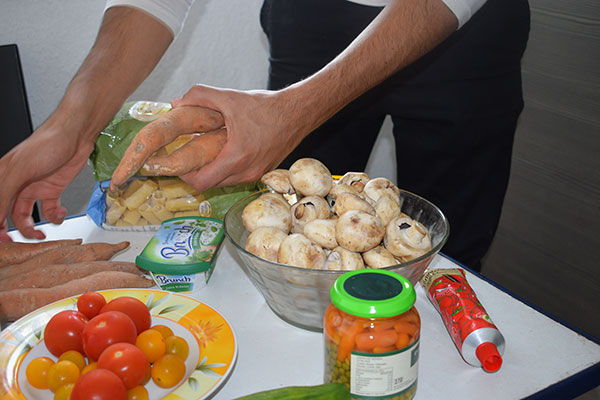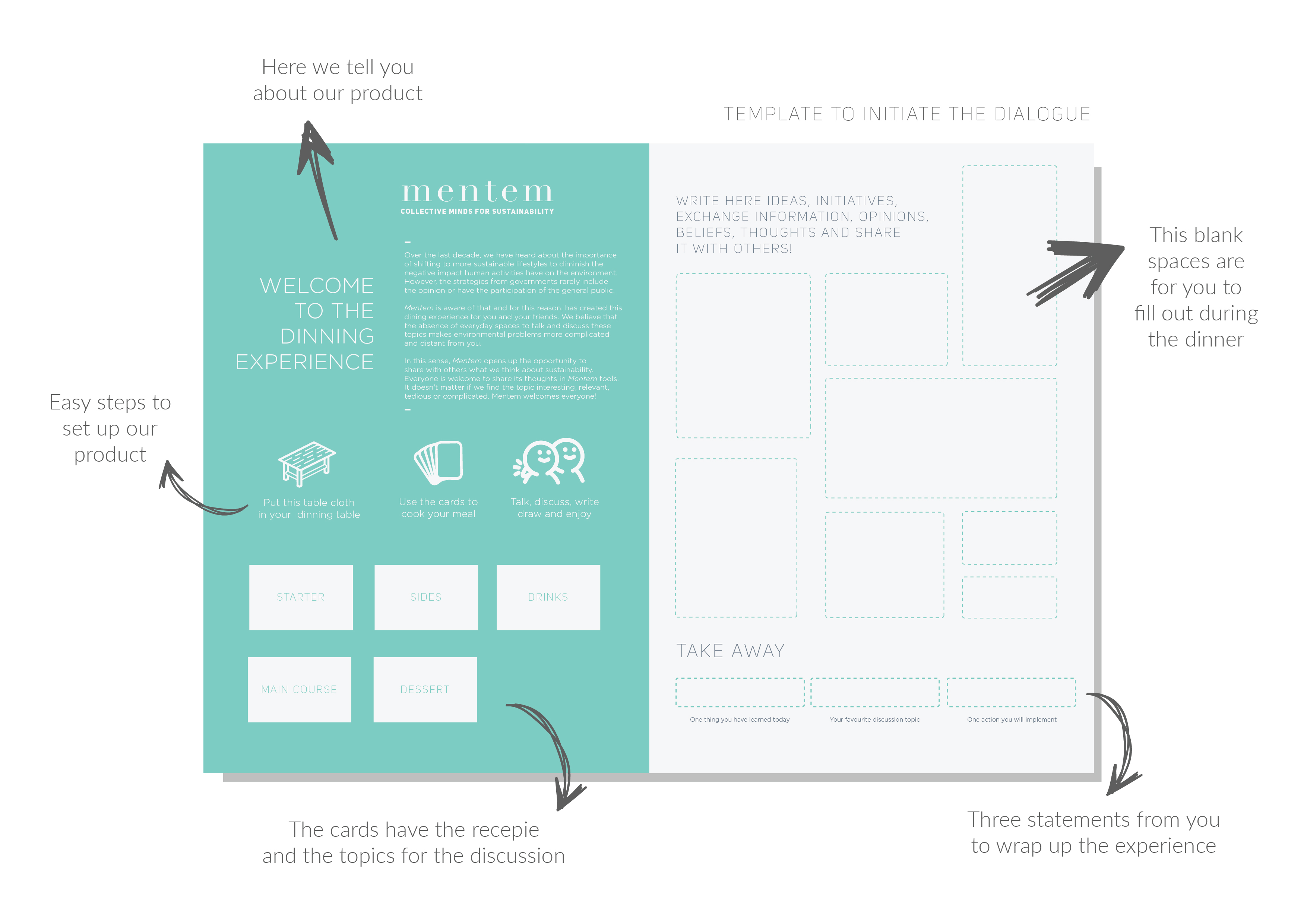Mentem
Improving cities environmental performances through sustainable lifestyles
Master thesis in Strategic Design
Natural and social systems are currently under high pressure due to the accelerated pace in which the world population concentrates in urban areas. Usually, the increase in demand for goods and services exceeds the resilient capacity of natural systems affecting the well-being of natural and human life. Current urban lifestyles and daily routines like working, studying or commuting are recognized as one of the dimensions that contribute to environmental damage and in the same way, affects social and economic areas.
This project recognizes the vast potential that the general public has to play as changemakers. In this sense, it intends to activate the dialogue amongst people to transform passive citizens, into conscious and active participants that are empowered to determine the priorities related to the management of natural resources.
During the problem exploration phase, it was vital to understand how facilities of the modern world to access to food, transportation, water, and energy systems puts away the opportunity for citizens to explore options to behave more sustainably. The fact that people want everything fast, easy and cheap is one of the most significant barriers to the adoption of sustainable behaviors.
Methodologies from Design Thinking, Systemic Thinking and System-Oriented Design were used to build an understanding of the systemic complexity of the research question: How can Strategic Design empower citizens’ sustainable actions to overcome environmental challenges?
The final GIGA-Map was presented to the RSD7 symposium: Challenging complexity by systemic design towards sustainability. The visual representation was selected to be shown at the exhibition: Visualizing Complex Systems in Turin, Italia. www.rsd7.org
Mentem: Collective minds for sustainability
Mentem is a product that allows people living in a flat to get together and enjoy leisure activities that have an environmental focus. Mentem uses the household space to provide a close learning and reflective experience on the actions people perform on a daily base. The activities allow the participants to collectively think about easy strategies on how to shift to more sustainable lifestyles.
Over the last decade, we have heard about the importance of shifting to more sustainable lifestyles to diminish the negative impact human activities have on the environment. However, the strategies from governments rarely include the opinion or have the participation of the general public. Mentem recognizes the potential that individual citizens have to act as changemakers and empowers the people to take personal ownership of the issue by initiating the dialogue between each other.
–
Project by: Angela Garcia
